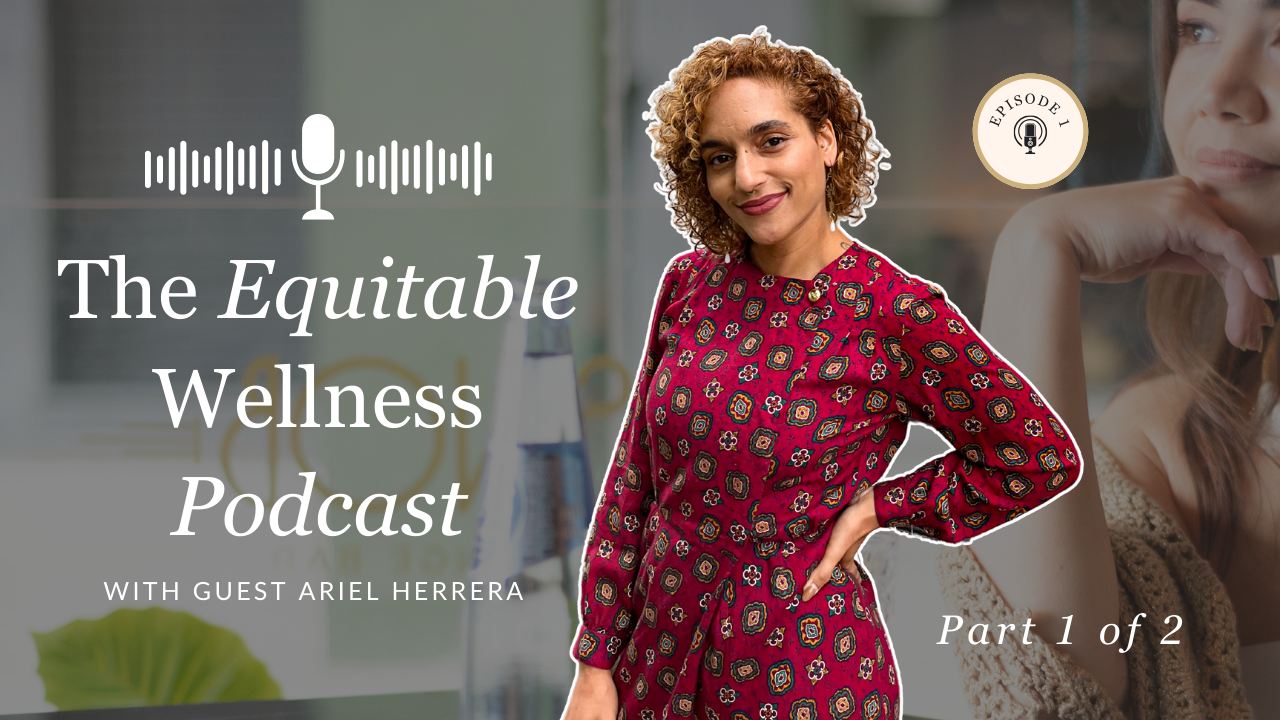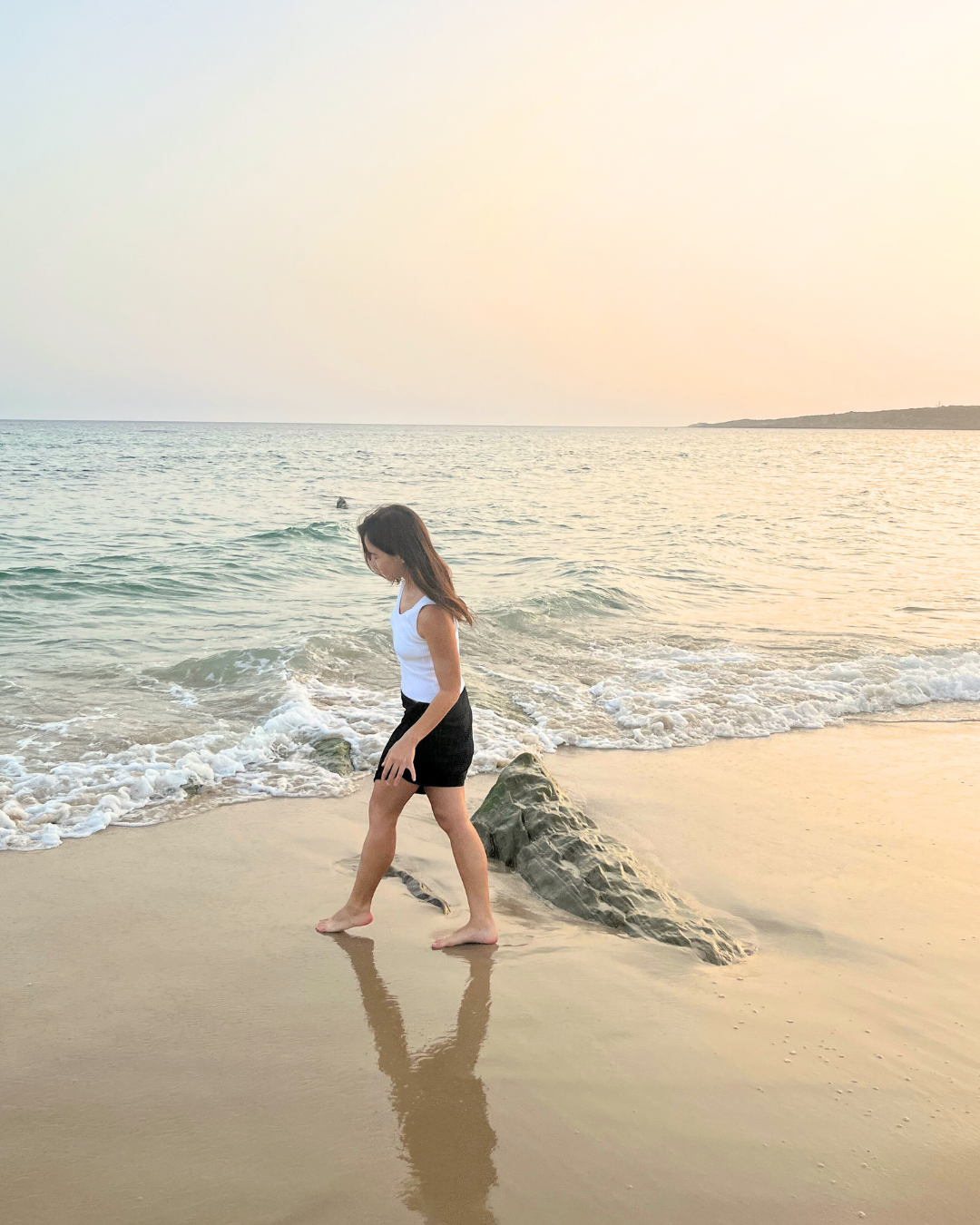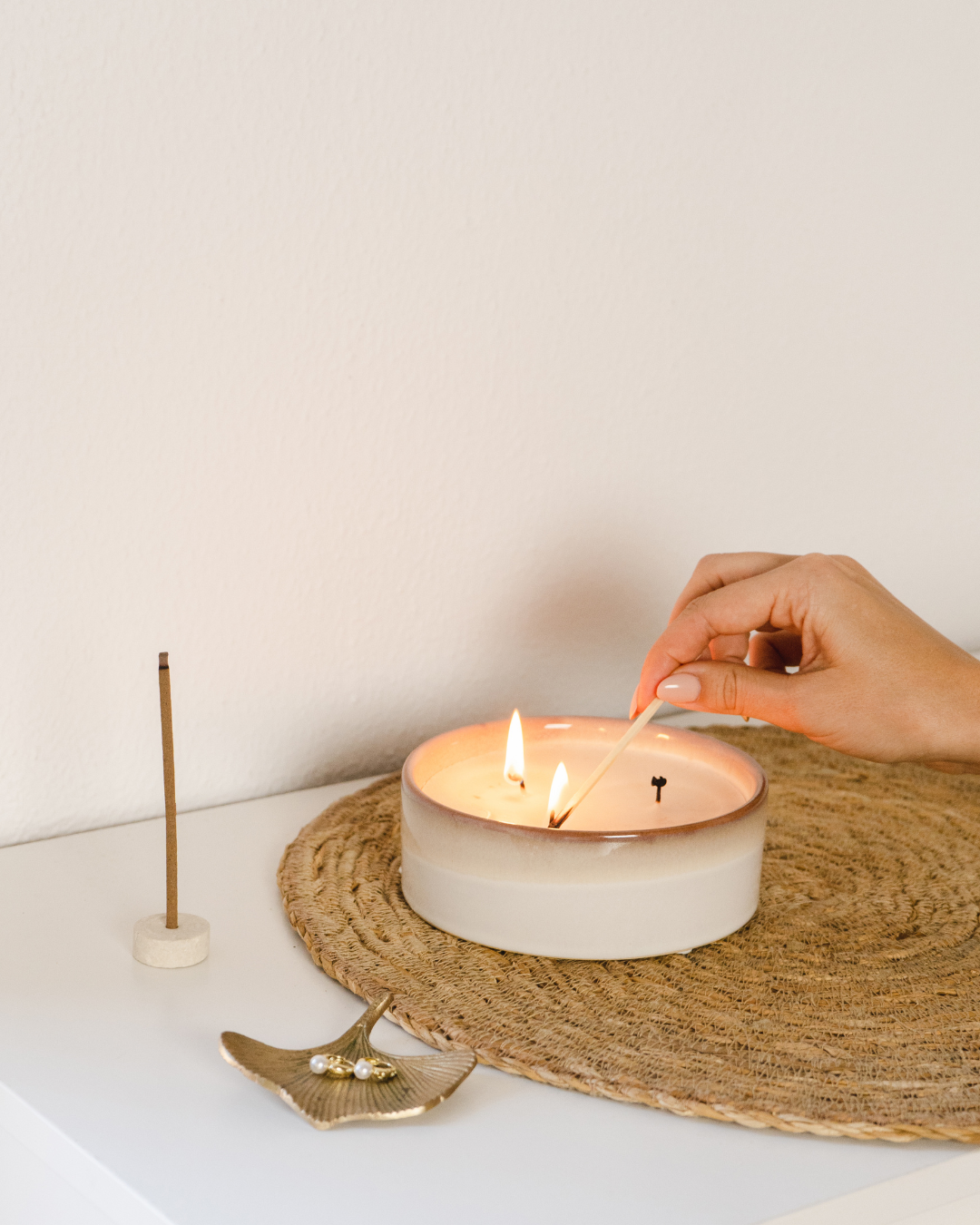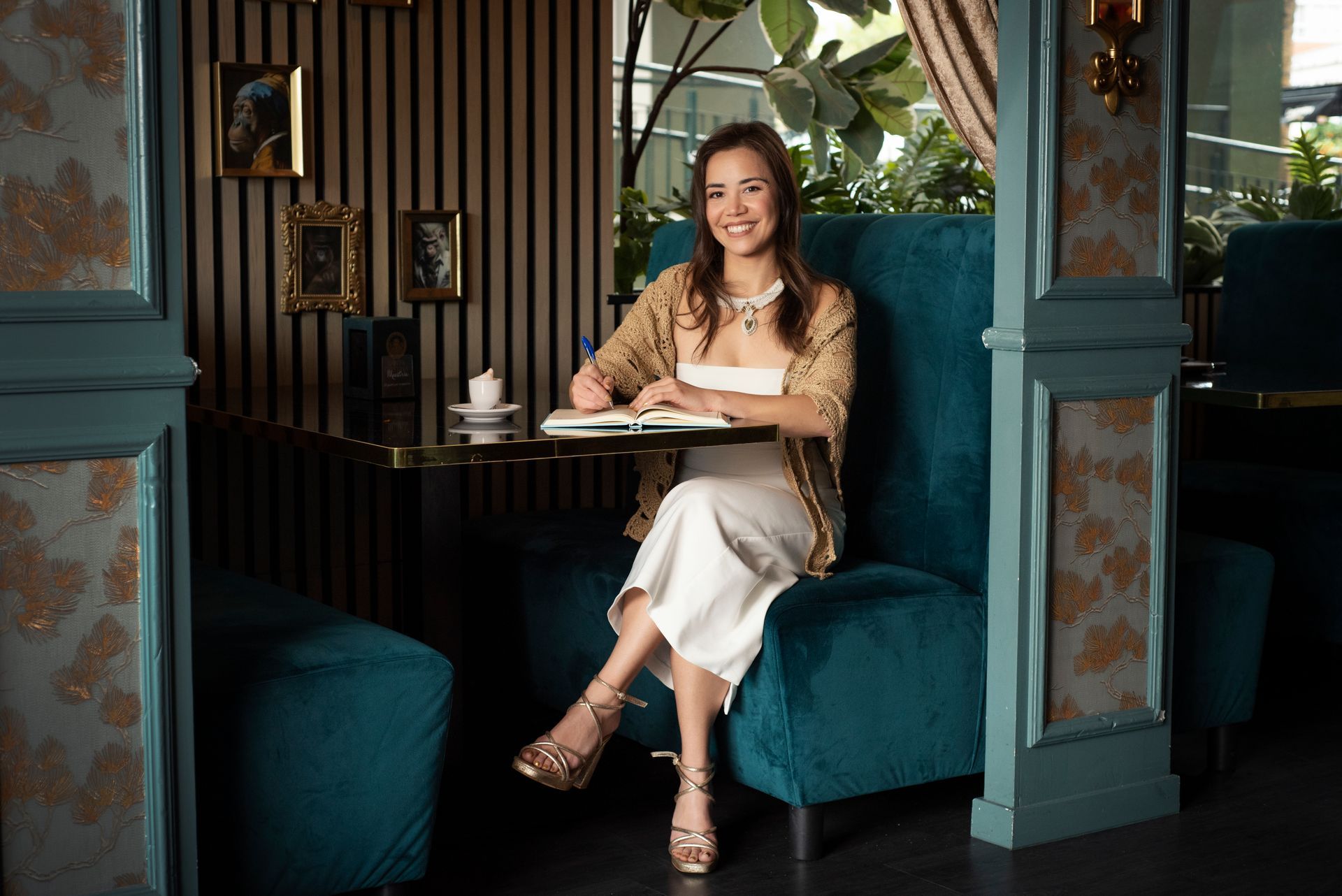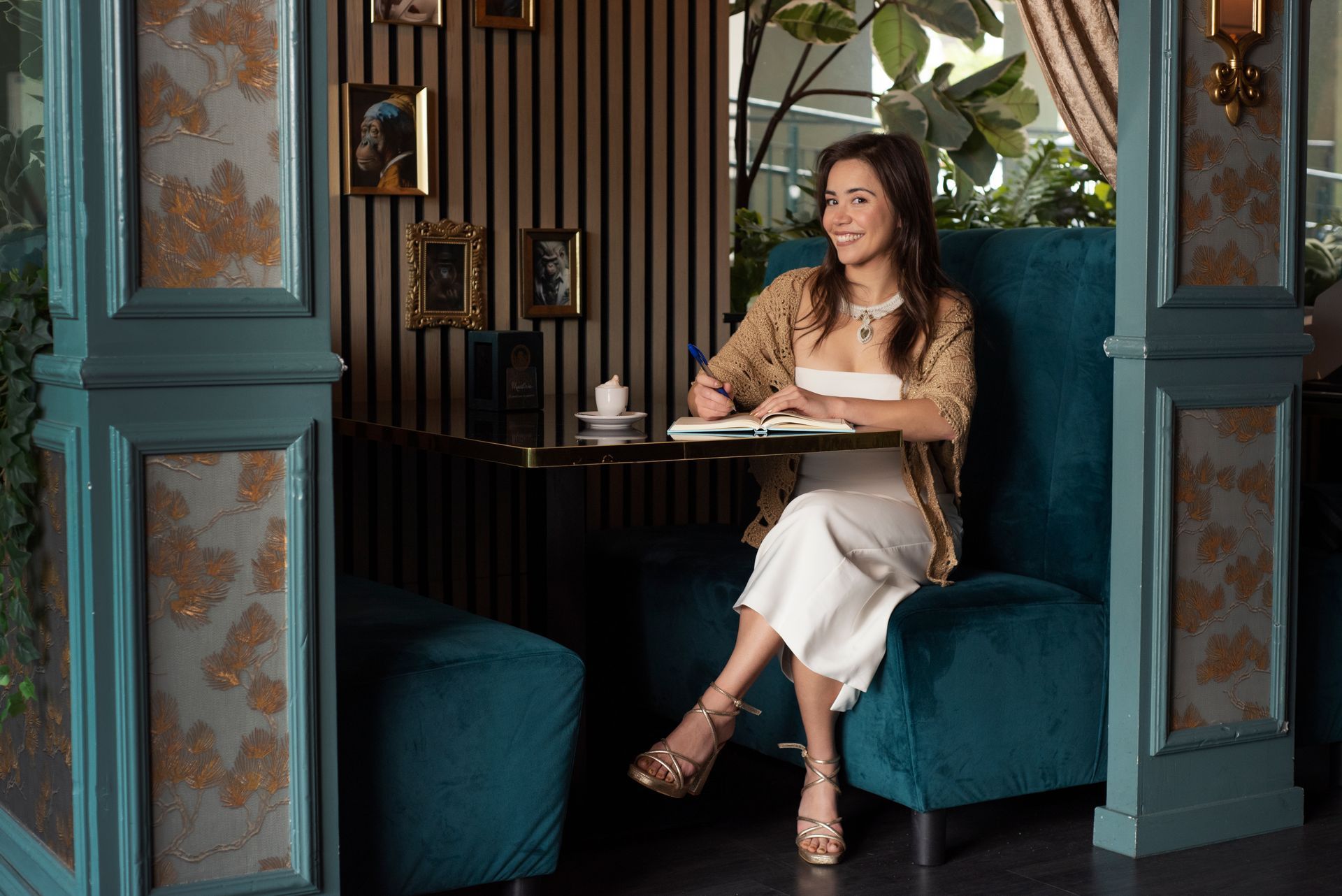Embodying Values and Touching Lives, from Performance to Practice
What Does a Consent-Driven, Trauma-Informed, and Inclusive Practice Look Like? with Megan Yankee
Once a high-impact dancer who moved audiences through performance, Megan now practices healing art and care through therapeutic touch
Embodying Values and Touching Lives, from Performance to Practice by Shayna Grajo
What Does a Consent-Driven, Trauma-Informed, and Inclusive Practice Look Like? with Megan Yankee
Read on SubstackWelcome back to exploring the intersection of holistic health, equity, and the healing arts with the Equitable Wellness podcast. In this episode with Megan Yankee, a high-impact dancer turned licensed massage therapist, we explore Megan’s dearly held values and ask what it means in practice for healing (and continuous learning) that is consent-driven, trauma-informed, culturally responsive, all-abilities and 2SLGBTQIA+ friendly? The conversation delves into systemic issues, the significance of inclusivity, and challenges faced by marginalized communities. Megan shares her insights on the healing process, the complexities of chronic pain, and intending for safe spaces for all clients. The episode concludes with a look at Megan's future aspirations in the healing arts and her commitment to serving equity-deserving populations.
Keywords
equitable wellness, holistic health, consent-driven practice, trauma-informed care, cultural responsiveness, LGBTQIA+ friendly, chronic pain, healing arts, massage therapy, systemic issues
Chapters
00:00 Introduction to Equitable Wellness Podcast
01:58 Meet Shayna and Megan
03:25 Megan's Background in Dance and Healing
08:46 Exploring Systemic Issues Through Art
14:39 The Impact of Personal Experience on Healing
22:47 Consent and Trauma in Healing Practices
33:41 Values in Practice: Consent, Trauma, and Inclusivity
36:19 Consent-Driven Practice, Empowering Clients with Agency
41:50 Trauma-Informed Care in Practice
46:20 Cultural Responsiveness in Healing Practices
53:02 Inclusivity for All Abilities and LGBTQIA+ Identities
01:01:51 The Non-Linear Journey of Healing
01:07:46 Transitioning from Performance to Healing
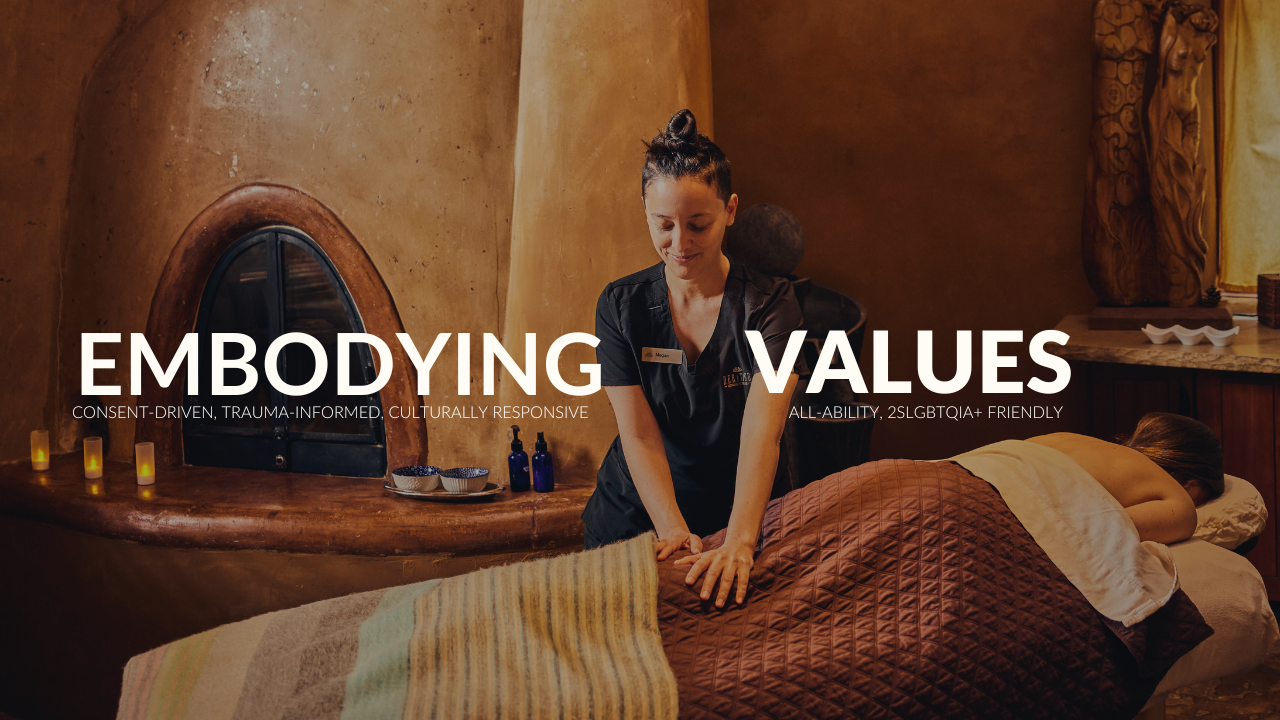
Photo by Jake Holschuh taken at Heritage Companies' The Living Spa at El Monte Sagrado Resort & Hotel
Consent means I'm giving a client agency.
Not just that I'm allowing them to be who they are in kind of this passive way. I am actively, especially with clients that present with signs of PTSD or trauma—whether that comes up on the table, sometimes very suddenly, or you see the symptoms sometimes right away as they're walking in the door.
—Megan Yankee, MFA LMT
What Does a Consent-Driven Healing Practice Look Like? (and why it matters)
It was a joy to meet with Megan, an artist who leveraged her lived experiences in stages worldwide as a performer and choreographer and in university dance classes as a pedagogue. Our interview tracks her body of work as now channeled through a liberatory healing arts practice that is consent-driven, trauma informed, inclusive, and receptive.
For Megan and I, longtime friends and colleagues in the fields of dance and bodywork, the corporal language of the body was our shared root communication and artistic expression.
It is a pleasure to grant space for the story of Megan’s arrival to the thriving practice she has today as a licensed massage therapist and what makes her work markedly distinct.
Our conversation journeys from traditional Pueblo land—in what is colloquially known as Taos, New Mexico, with its Red Willow peoples—to East and West Africa and voyages within and without. Megan touches on vast topics through her scholarly knowing: from somatics to curanderismo to Feldenkrais to, centrally, consent.
Megan beautifully applies her embodied learning of consent from her dance training at Texas Women’s University in Denton, Texas.
Amidst today's challenges of fascism, genocides, climate injustice, widening economic disparity, and diminishing safety for visibily trans, queer, BIPOC, disabled, and neurodivergent communities, among others (let’s name it), Megan demonstrates her priority to create safe space for communities potentially more likely to have experienced traumas in their lives.
And she does so through consent and culturally responsive care.
Without further ado, I’ll introduce Megan and some highlights.
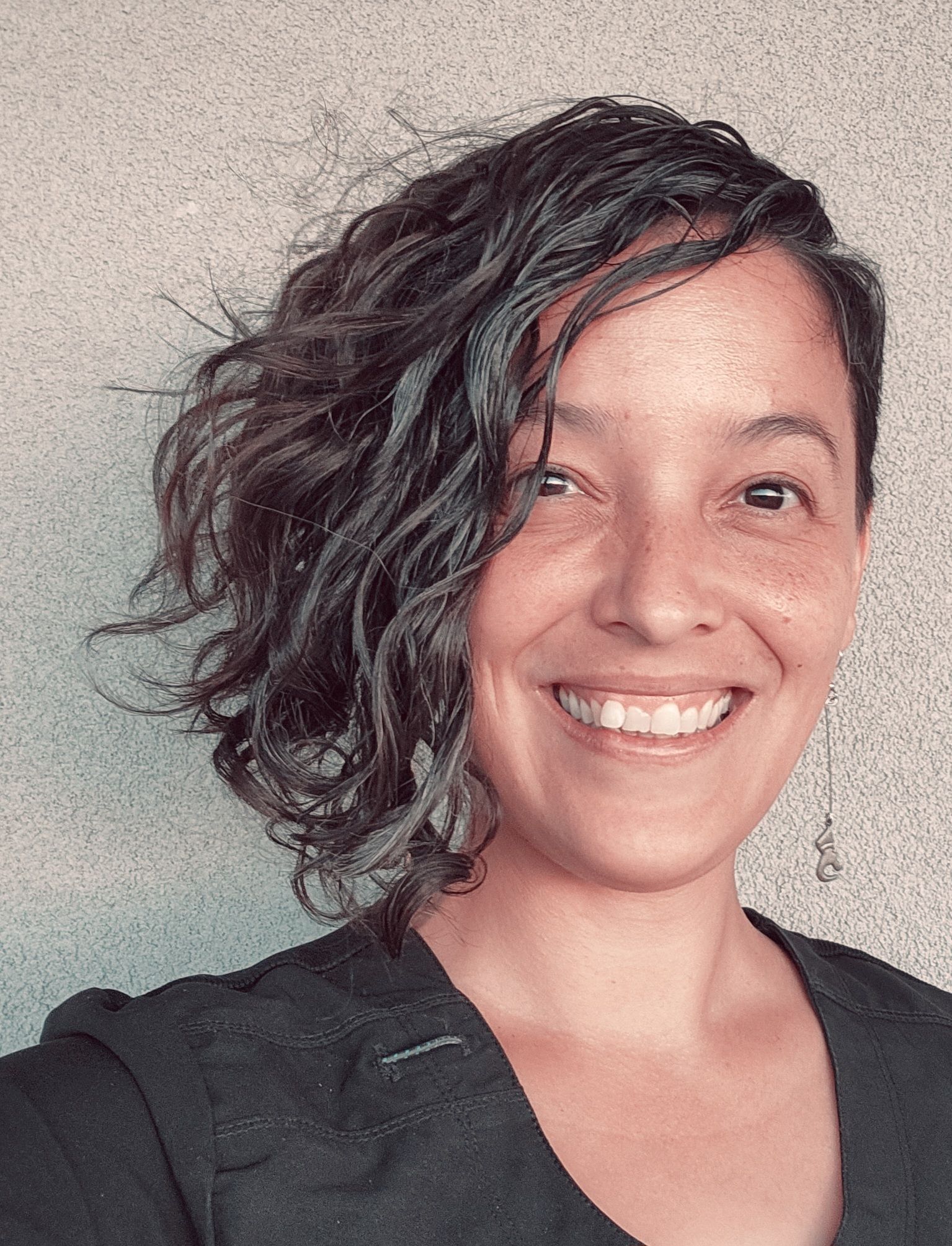
Meet Megan
Megan is a first generation mixed-race massage therapist. Her pain interventions are driven by a professional focus on experiential anatomy and light-medium-deep tissue Swedish massage, as well as traditional barefoot medicines like Marma Point Therapy, Chinese Medical Massage, and Mesoamerican Curanderismo. For decades, she toured internationally as a high-impact dancer, choreographer, and pedagogue, enduring numerous untreated injuries. Megan now leverages those lived experiences to support her clients who seek relief from pain; especially when it is associated with sciatica, headaches/migraines, frozen shoulder, and scoliosis. Her practice at every location is consent-driven, trauma-informed, culturally-responsive, as well as all-ability and 2SLGBTQIA+ friendly.
Select Highlights
Cultural Heritage and Identity Challenges
It's the lifetime of work. And I definitely, I appreciate how sensitive you're being around those topics and, and you know, it is, to the point where the silencing that you're hearing across academia and other circles in the United States has definitely touched me. And it's definitely touched how I approach even interviewing for jobs now. Like these are all things that people of my heritage, our shared heritage, have experienced for centuries. So in one way I am... made a little more whole by experiencing what my ancestors did. And another part of me is taken away because I can't fully be who I am outside of my house in order to be safe.
The Ethical Use of Artistic and Administrative Skills
So that was a really profound experience that informed me to say, okay, I have a skill set that I can use for good or evil, if it were to be simple. I could use that for collaboration, I could use that for bringing people together and working together on artistry and healing, or I could, it's another skill set where it could be used to keep people out. And I'm obviously less interested in the latter as a mixed person myself.
Creating Safe Spaces for Diverse Communities
Do you want me to use these pronouns or this name outside of this room? These sorts of things are questions that allow me to enable better care and more trust. And I don't yet see enough spaces that go out of their way to demonstrate that they are a safe space for those two communities specifically. So I... because I value those clients, because I know that clients from those communities are potentially more likely to have experienced traumas in their lives. I want to demonstrate. I'll fly a flag. I'll do whatever I need to do to communicate that I am intending for a safe space. I am intending to learn from those communities how to build a safer space for their people. That has brought me nothing but richness into my practice and continued learning in my practice. Those are two more terms you could throw into my values if you wanted to, because those are very, very important to me that I'm learning from my clients.
I'm gonna revert back to the name of my company, which is very meaningful to me. My namesake is Nepantla, which is a Nahuatl word that means “in between,” it's like a liminal in between space…
Probably the biggest thing I'd want people to know is to be as clear as we can that healing is not a straight line path.
Understanding Cultural Identity Beyond Labels
We are simplified as tri-culture, meaning Mexican descendants or Spanish descendant, white and native. And that is inherently problematic for a lot of people here because there's way, way, way more mixing than just like three groups of people. But I was just explaining actually on my anonymous Reddit account earlier today that like you can't, how do I say, if someone from the Pueblo, the Taos Pueblo lands on my table, they might have a Spanish last name. They might be a Lujan. They might have a very Spanish last name. They do not, in my experience, they don't want me speaking Spanish to them. The Pueblo revolt happened for a reason against the Spaniards. So there are people here from the Pueblo who… A lot of people from around the country might mistake in Spanish and assume that they speak or Mexican and assume they speak Spanish. I cannot do that. I cannot assume based off of how someone looks what their language is or who their people are when they arrive on my table.
Trauma Triage from a “Cultural Orphan”
In most cases, I don't see that as therapeutically relevant. They may not be ready for that. So, my consent is informed by my experience as a trauma survivor. I experienced one of the original earliest traumas that you can as someone who is relinquished by my first parent. And I've lived with that for 40 years. So I have embodied being a trauma survivor even as a child. So that lived experience plus my training and experience in dance and subsequently in massage therapy is what informs how do I help people even if it's a combat veteran, even if it's someone who was sexually assaulted last year, may not be therapeutically relevant for that last person to come see me and we would have that dialogue.
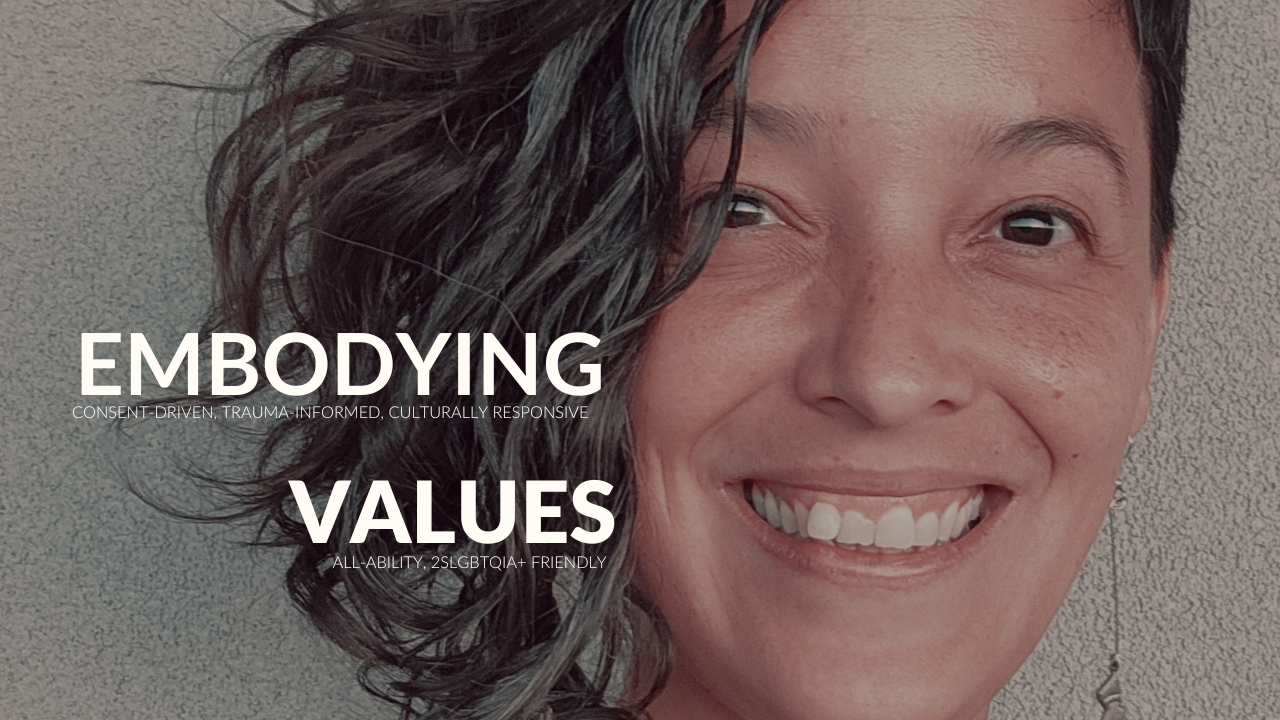
KEEP IN TOUCH WITH MEGAN
Megan’s massage therapy practice
https://nepantlabodyworks.com/
Connect with Megan
See some uncovered gems of select dance reviews referenced in the episode:
https://indyweek.com/culture/stage/the-commons-crit-megan-yankee-open-wounds-border-policy/
https://indyweek.com/culture/stage/the-commons-crit-megan-yankee-dances-through-mestizx/


Shay’s updates
Good morning and Happy Full Moon of April, todo el mundo! Good morning everyone.
It was evident to me from the response and engagement of my last post, Praise, Purple, Pulchritude, that I will be creating a second Substack.
🔮💜🪻
The art wants to live in its own space, and I will grant that space to shape new developments.
It will be called Shay’s Lounge, and in it I’ll write my creative writing, nonfiction pieces, personal essays, and memoirs.
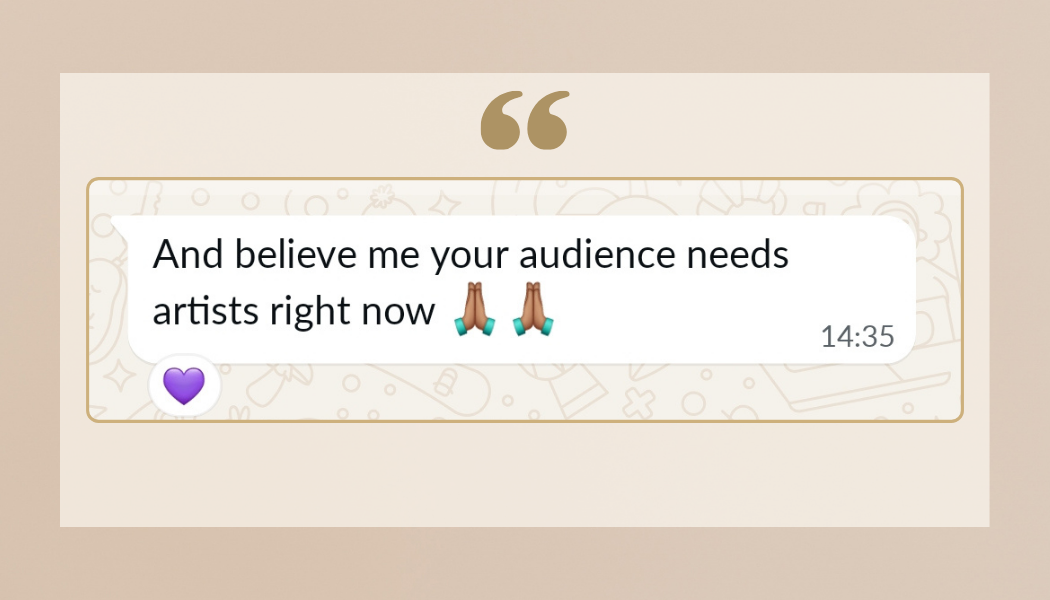
Otherwise, I have a final guest for the podcast this month, come the new moon of 🌑April 27th. After that, I’ll be turning my energies toward some time off in May to be with family visiting me here in Spain por primera vez. I can’t tell you how excited I am (though I’ve been slacking on the itinerary and planning and thus feel underprepared!)
Thank you for reading, watching or listening,


Welcome, I’m Shayna Grajo
A copywriter specializing in health and wellness content and holistic marketing for holistic providers. Through copywriting, web design, and consulting, I help providers like you feel as embodied in digital space as you do in your physical practice.
JOIN NOW
Equitable Wellness on Substack
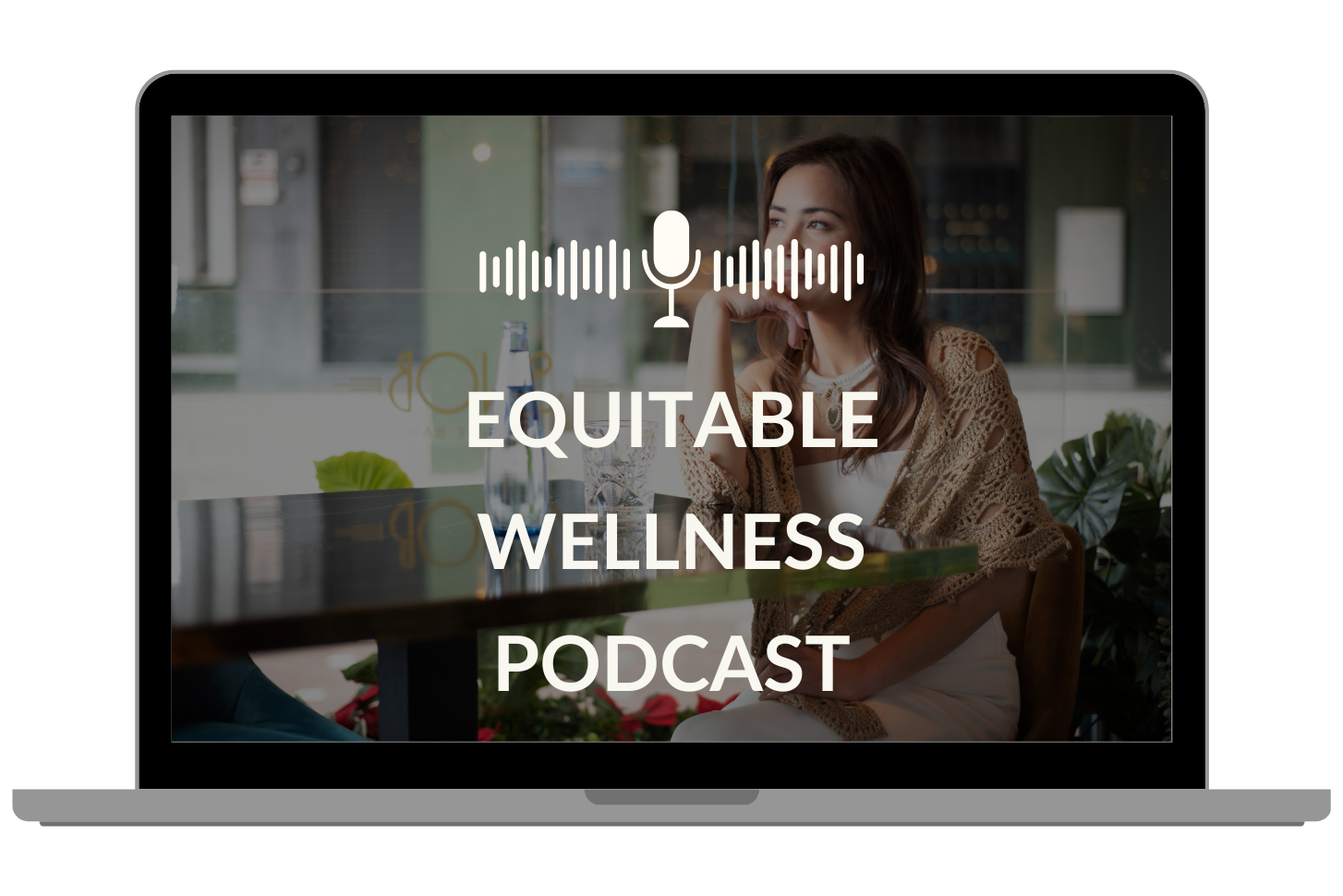
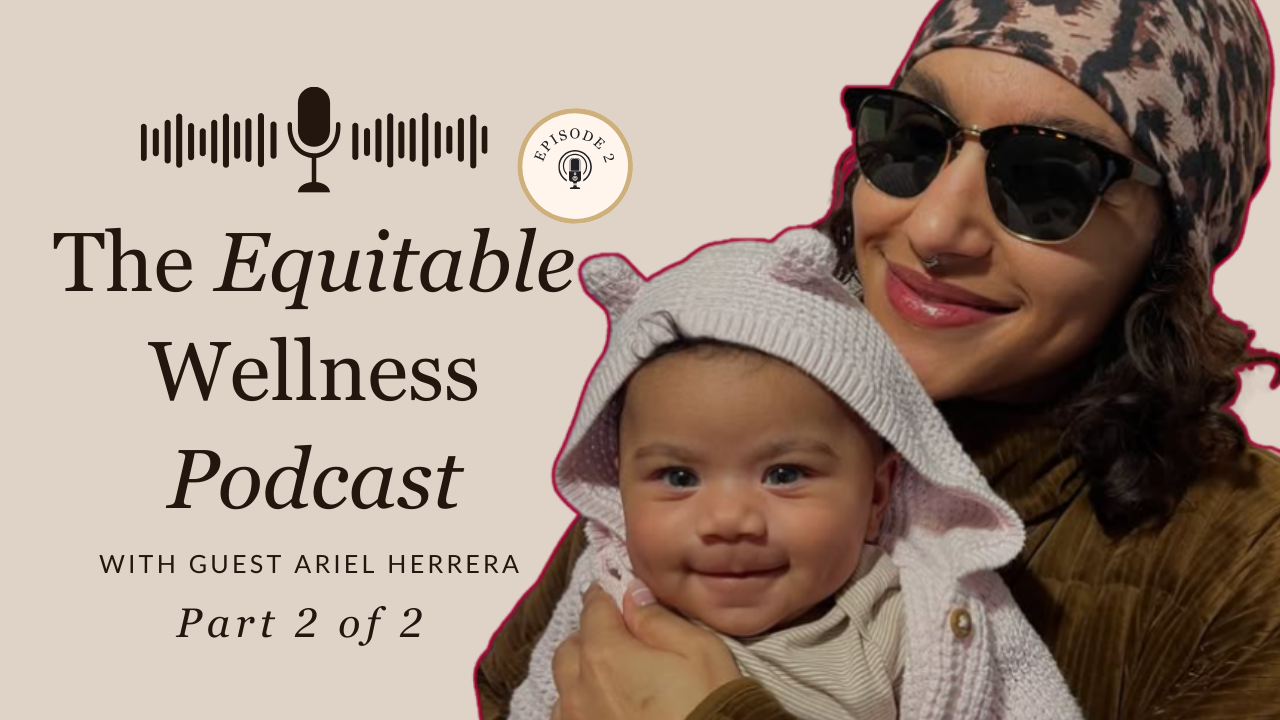

Design by Natalia Maganda
Select photography by Inma Blanca Photography, Kait Hoyt Photography and Haute Stock

